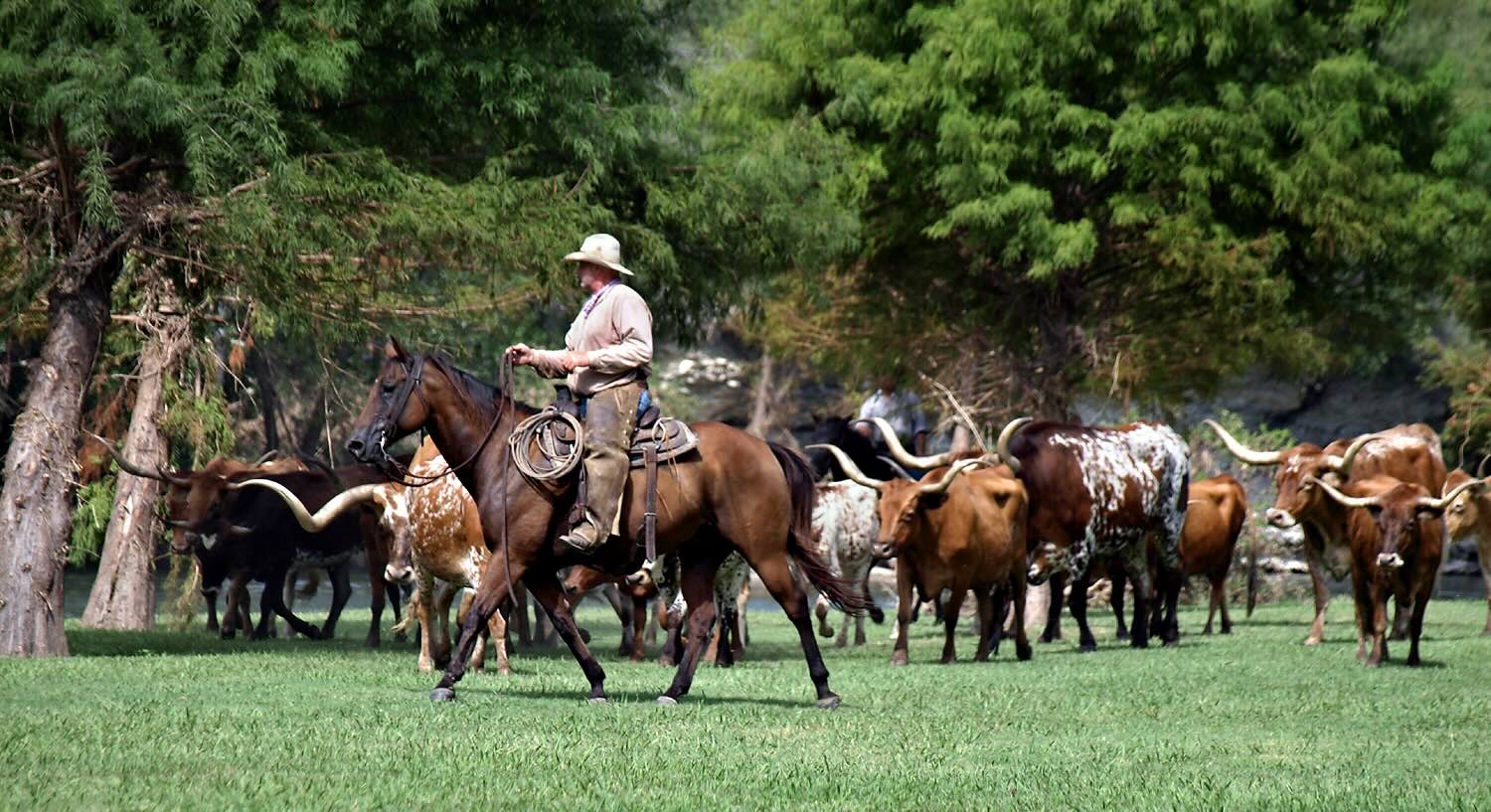Mysteries Of Texas’ Cattle Trail

Have you ever wondered about the mysteries of Texas' cattle trails? These historic paths hold tales of adventure, hardship, and the cowboy spirit. Imagine dusty trails stretching for miles, with cowboys herding cattle under the blazing sun. These trails were vital for moving cattle from Texas ranches to railheads in Kansas. Along the way, cowboys faced challenges like river crossings, stampedes, and unpredictable weather. Yet, they persevered, shaping the American West. Today, these trails offer a glimpse into a bygone era, inviting us to step back in time and experience the rugged life of a cowboy. Ready to saddle up?
The History of Texas' Cattle Trails
Texas' cattle trails hold a rich history. Cowboys drove herds across vast landscapes, shaping the state's culture. These trails were more than just paths; they were lifelines for the cattle industry.
Famous Cattle Trails in Texas
Chisholm Trail
The Chisholm Trail ran from Texas to Kansas. It was a major route for cattle drives in the late 19th century. Cowboys faced harsh conditions, but the trail was crucial for getting cattle to railheads.Goodnight-Loving Trail
Charles Goodnight and Oliver Loving created this trail. It stretched from Texas to New Mexico and Colorado. The trail was known for its tough terrain and the bravery of the cowboys who traveled it.Western Trail
Also called the Dodge City Trail, this route went from Texas to Nebraska. It was one of the longest and most heavily used trails. Cowboys drove millions of cattle along this path.
Life on the Trail
Life on the cattle trails was tough. Cowboys faced long days, harsh weather, and the constant threat of stampedes. Despite the hardships, they developed a unique culture and camaraderie.
Challenges Faced by Cowboys
Weather Extremes
Cowboys dealt with scorching heat, freezing cold, and sudden storms. These weather conditions made the journey even more challenging.Stampedes
A sudden noise or movement could cause a stampede. Cowboys had to be quick and skilled to control the herd and prevent chaos.Isolation
The trails were remote, and cowboys often went weeks without seeing anyone outside their group. This isolation fostered a strong bond among the men.
The Impact of Cattle Trails on Texas
Cattle trails significantly impacted Texas' economy and culture. They helped establish the state as a major player in the cattle industry and influenced its identity.
Economic Contributions
Boost to the Economy
The cattle industry brought wealth to Texas. Ranchers and cowboys played key roles in this economic boom.Railroad Expansion
The need to transport cattle led to the expansion of railroads. This development connected Texas to other parts of the country.Town Growth
Towns sprang up along the trails and railheads. These towns became bustling centers of commerce and culture.
Modern-Day Remnants of Cattle Trails
Today, remnants of these historic trails can still be found. They serve as reminders of the past and attract tourists interested in Texas' cowboy heritage.
Places to Visit
Chisholm Trail Heritage Museum
Located in Cuero, Texas, this museum showcases artifacts and stories from the Chisholm Trail. It offers a glimpse into the lives of the cowboys who traveled it.Goodnight Historical Center
This center in Goodnight, Texas, celebrates the life of Charles Goodnight. Visitors can learn about his contributions to the cattle industry and the trail that bears his name.Dodge City Trail of Fame
In Dodge City, Kansas, this trail honors the cowboys and cattle drives that passed through. It features markers and exhibits that tell the story of the Western Trail.
The legacy of Texas' cattle trails lives on through these sites and the stories they preserve.
The Enduring Legacy of Texas' Cattle Trails
Texas' cattle trails hold a rich history that shaped the American West. These routes were more than just paths for moving cattle; they were lifelines for cowboys and communities. The Chisholm Trail and Goodnight-Loving Trail are two of the most famous, each with its own unique stories and challenges. Cowboys faced harsh weather, dangerous wildlife, and long days in the saddle, but their efforts helped build the cattle industry we know today.
Visiting these historic trails offers a glimpse into the past. Museums, historical markers, and reenactments bring the era to life. Whether you're a history buff or just curious, exploring these trails provides a deeper understanding of Texas' heritage.
The legacy of these trails continues to influence modern ranching and cowboy culture. They remind us of the determination and spirit that helped shape a nation.

